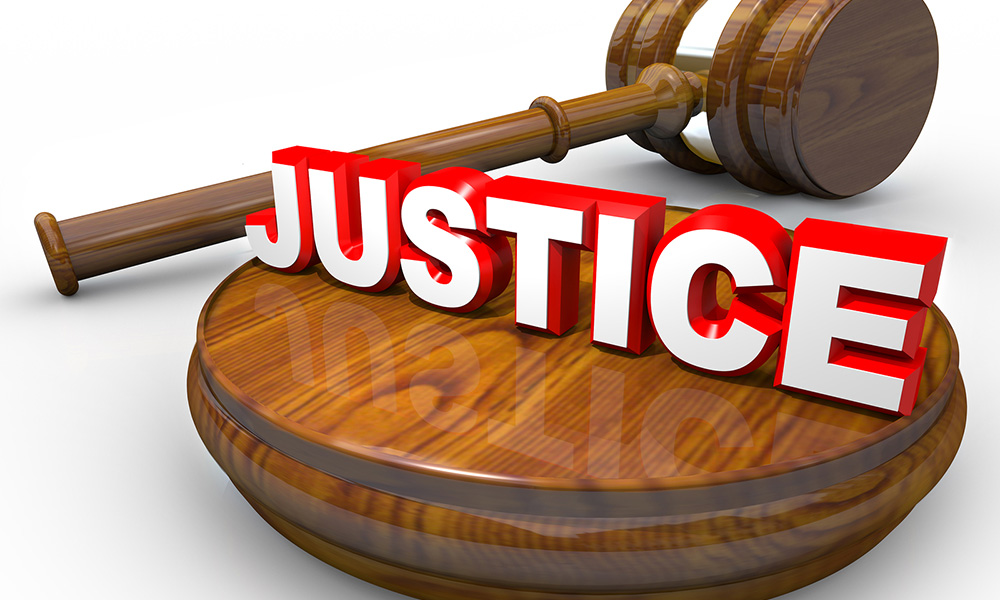Most people can go their whole life without landing on the wrong side of the law. Most people’s fear of being arrested focuses on the image of the handcuffs being slapped on. But being cuffed is only one small part of the arrest process. When it comes to the full process, there is a lot that people don’t fully understand.
When you are arrested you’re taken down to the police station and you go through the steps of having your photo and fingerprints taken. From there, you move into holding until you can be taken to your pre-arraignment conference and then from there on to your arraignment itself. The outcome of the arraignment will determine whether you get to go back into the community afterwards or whether you’ll be made to stay in jail longer.
What Happens at an Arraignment?
Your arraignment will be the first time you are in court due to the charges you are being presented with. As such, it is a much shorter experience than your trial because there isn’t evidence to be presented or witnesses to be questioned.
Your arraignment is focused not on what will happen from the charges you are presented with but rather what will happen between this presentation and the time of your trial. As such it deals with how you can be released back into society for the time being and it has a strong focus on whether you can be trusted to return for your court day on your own accord.
There are several ways in which you may be allowed to leave your arraignment. If you are released on your own recognizance then you will be allowed to leave back into society until your court date. You could be held until the date of your trial, as is the case with many violent crimes like homicide. Or you could be held until you can post bail if you are considered a flight risk.
How Do Misdemeanor Arraignments and Felony Arraignments Differ?
Misdemeanor arraignments and felony arraignments are more similar than you might think considering that they represent two different categories of crime in regards to severity.
In general, misdemeanor crimes are those that can be punished with up to a year in jail. Felony crimes have a minimum sentence of at least a year. During your arraignment it is not uncommon for the prosecution to allow you to plead guilty to a lesser charge. However, this is much more rare in felony cases than it is in misdemeanor cases.
Pleading guilty to a less charge may seem like a good way to get out of worse trouble but it is important than you never plead guilty to a charge without first consulting a lawyer.
Should I Have an Attorney at my Arraignment?
You should absolutely have a good attorney with you at your arraignment if you can. There are several points during the arraignment process where an attorney will make it easier for you, or at the least a good attorney will be able to help you from feeling completely overwhelmed by the whole process.
Before your arraignment begins there is what is called a pre-arraignment conference. At this conference you will be made aware of all the evidence against you at this point in the case. This can seem very overwhelming, especially if you’ve never had a pre-arraignment conference before. It is easy to feel like your case is hopeless and many people feel that a guilty plea is the only way to go.
An attorney will be much better prepared when it comes to the pre-arraignment conference. They will have seen the process before and know how it translates in terms of your case. This means that they will be able to help keep you calm and stop you from making a rash decision due to emotions.
Because a defense attorney will have seen this all before, they will be able to help you get a real sense of how strong the case against you is. This means that they can caution your expectations if things look bad but it also means that they can help get the case dismissed, too, if there isn’t enough evidence or some sort of breach of your rights involved.
Finally, when it comes to the arraignment itself an attorney is a valuable asset when it comes to your bail or bond. Bail can cost quite a lot of money and there are always cases where people just can’t afford to pay for their bond. This ultimately means that they have to stay in jail until their trial and nobody wants that. But a good attorney can help to get your bail set at a reasonable price and they will have relationships with bail bondsmen who can ensure that you spend the time before your trial in the community and with your family.
When Should I Get an Attorney?
It is important to get an attorney as soon as possible after being arrested. The closer an attorney is to the crime itself, the more they will be able to influence the case in order to help prevent you from being overwhelmed or tricked into admitting to a crime you didn’t commit.
If your loved one has been arrested then you can approach an attorney on their behalf while they are dealing with the police. There is no reason to delay in acting. Every minute could be the difference between your loved one being let back into the community or them signing their life away because they were made nervous about their case.
At Mirsky Law Firm we strive to help defend those in need. If you have a loved one that is soon facing an arraignment for new charges then reach out, we’re here to help. Call (516) 299-6187 to learn more about how we can help defend you or your loved one today. It’s always better to move quick than wait until it’s too late!














Comments are closed.